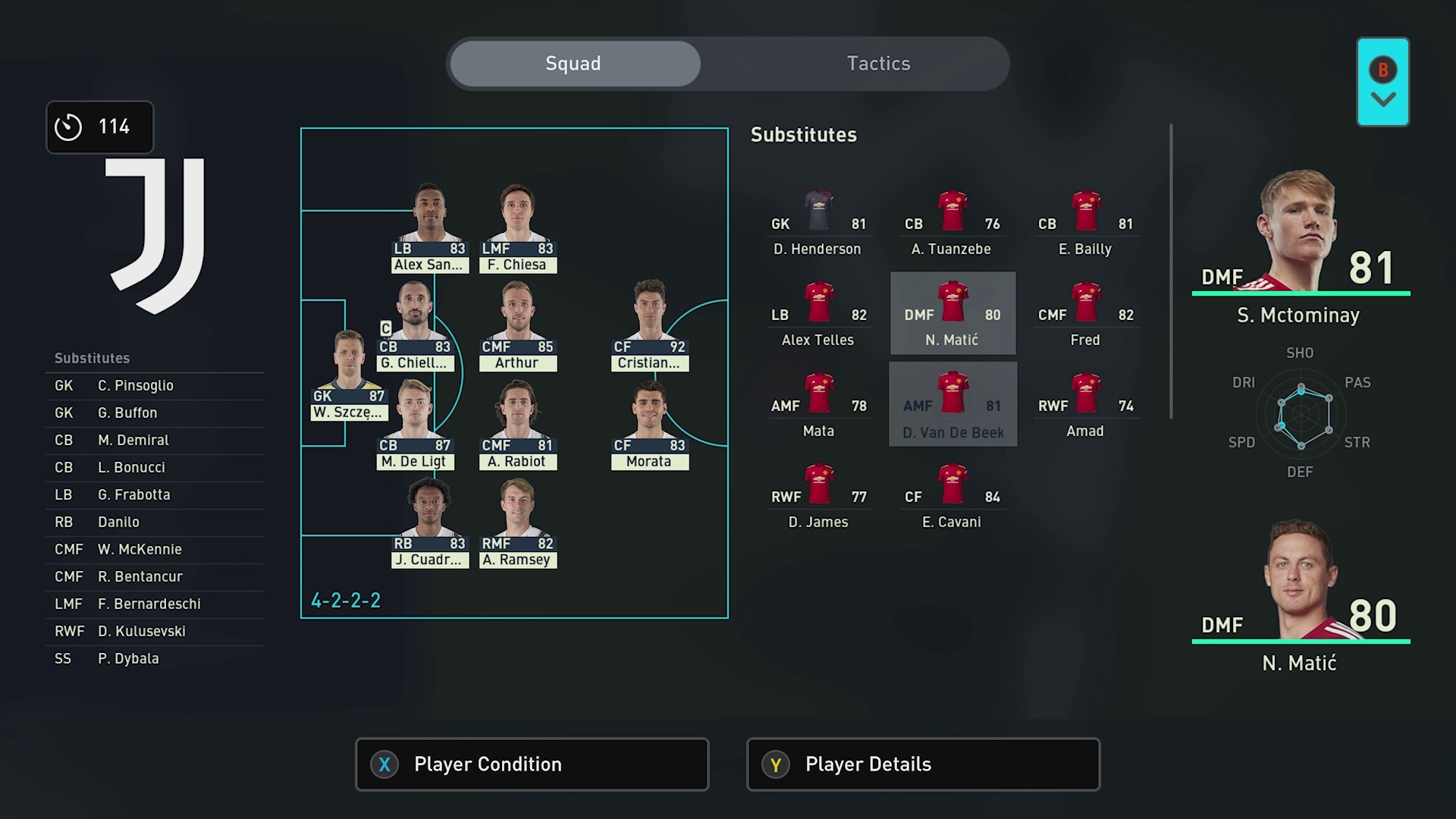

Therefore, naturally with any exclusive license the outcome is usually an increase in the number of the club’s supporters playing eFootball PES, which is due to those club supporters gaining access to content that cannot be offered elsewhere."

"It’s also true that these types of partnerships often provide a competitive advantage for eFootball PES. But he's not wilfully ignoring the more visible benefit to PES: ones that stop FIFA from using them – is that Konami wants to offer unique elements that require close relationships between developer and club, which he says are "often impossible" without them. Monk explains that a major reason for these being truly exclusive licenses – i.e. By also investing our time, it’s clear that we have created great relationships with the clubs, their fans and most importantly the eFootball PES users globally who also seemingly enjoy Italian football as much as we do." Konami has consistently made substantial investments in Italian football for several years now and it remains a very important market for eFootball PES. "Yes, this is an intentional strategic approach," Monk explains in an email interview, "however it is only followed when both the club and Konami believe it provides a mutually beneficial arrangement.

Importantly, all of them belong to Serie A and, while he won't tell me if the trend for snapping up that particular league's clubs will continue, Konami's senior football licensing & activation manager David Monk tells me it's not a coincidence that we're seeing Italy in particular targeted: Juventus' Cristiano Ronaldo had been FIFA 19's cover star – by the time FIFA 20 came along, it couldn't use the name of the club, never mind put one its players, in their kit, on the box.Įven that could have been seen as a one-off – PES has licensed individual clubs before, albeit with less impact – but since that move, PES has snapped up similar exclusive licenses for both Roma and Lazio, will add Atalanta to that list in this year's PES 2022, and will see the same deal kick in with Napoli for the season after that. Within the world of football gaming, it was a seismic move. Where football games had previously concentrated on exclusively owning the rights to entire leagues, this felt a little different – while EA Sports could continue to use Juventus' player names and likenesses in FIFA, it was forced to use a different club emblem, create new kits, and even rename the club entirely, to the fictional Piemonte Calcio. The new trend began in 2019 when PES announced it had acquired the exclusive license to Juventus, one of Italy – and the world's – most successful clubs. At the time, Senior Brand Director Jonas Lygaard promised that Konami and PES would "shift focus into other areas." Back then, it felt like papering over the cracks FIFA's dominance was leaving behind – but time has proven that Konami did in fact have some major licensing plans of its own.

PES was left with a game that its hardcore still loved, but an overall presentation that did little to pull fans away from its biggest rival. Over time, it began to gain a little more traction and, in perhaps its biggest coup, secured a 10-year license to one of football's biggest competitions, the UEFA Champions League.īut it was with some grim inevitablity that it eventually lost even that license to FIFA in 2018. In its earlier years, Konami wasn't just forced to use fake league and team names, but even player names. By comparison, PES has struggled with authenticity off of the virtual pitch, no matter how good its actual football simulation might be.
Pes 2022 cover series#
For years, it's been common to see EA's FIFA series snatching up licenses to create a comprehensive set of leagues, making up the majority of football's top table.


 0 kommentar(er)
0 kommentar(er)
